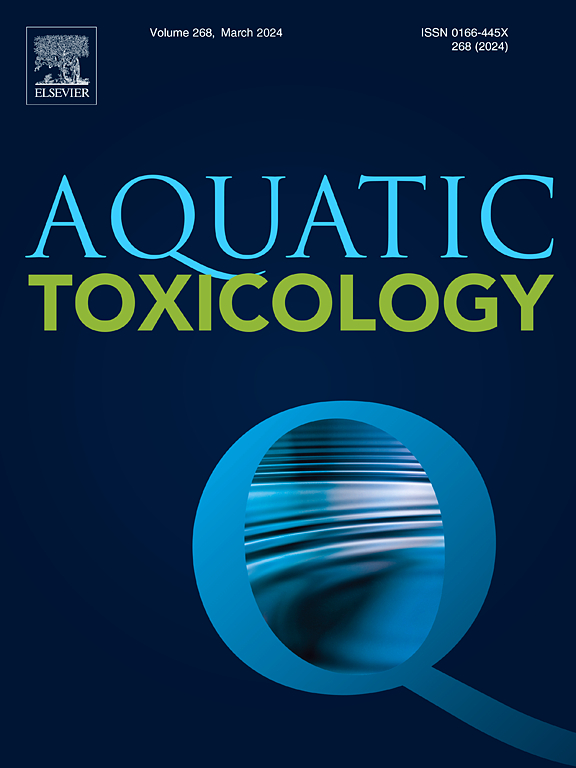Modeling the spatiotemporal distribution, bioaccumulation, and ecological risk assessment of microplastics in aquatic ecosystems: A review
IF 4.1
2区 环境科学与生态学
Q1 MARINE & FRESHWATER BIOLOGY
引用次数: 0
Abstract
Microplastic (MP) pollution poses a significant threat to aquatic ecosystems. Numerical modeling has emerged as an effective tool for predicting the distribution, accumulation, and risk assessment of MPs in aquatic ecosystems. However, published work has not systematically assessed the strengths and weaknesses of various modeling approaches. Therefore, we conducted a thorough review of the main modeling approaches for MPs over the past six years. We classified the approaches into three categories as: spatial and temporal distribution, bioaccumulation, and systematic ecological risk assessment. The review analyzed application scenarios, modeling methods, and the advantages and disadvantages of models. The results indicate that the accurate simulation of MPs spatial and temporal distribution requires reasonable parameterization and comprehensive transport considerations. Meanwhile, it is important to focus on coupling process models with other types of models. To enhance risk assessment models, expanding the relevant evaluation indicators is essential.
水生生态系统中微塑料的时空分布、生物积累和生态风险评估研究进展
微塑料污染对水生生态系统构成严重威胁。数值模拟已成为预测水生生态系统中MPs分布、积累和风险评估的有效工具。然而,已发表的工作并没有系统地评估各种建模方法的优缺点。因此,我们在过去六年中对MPs的主要建模方法进行了彻底的审查。我们将这些方法分为时空分布、生物积累和系统生态风险评估三大类。本文分析了模型的应用场景、建模方法和优缺点。结果表明,准确模拟MPs时空分布需要合理的参数化和综合考虑输运因素。同时,关注过程模型与其他类型模型的耦合也很重要。要完善风险评估模型,必须扩大相关评价指标。
本文章由计算机程序翻译,如有差异,请以英文原文为准。
求助全文
约1分钟内获得全文
求助全文
来源期刊

Aquatic Toxicology
环境科学-毒理学
CiteScore
7.10
自引率
4.40%
发文量
250
审稿时长
56 days
期刊介绍:
Aquatic Toxicology publishes significant contributions that increase the understanding of the impact of harmful substances (including natural and synthetic chemicals) on aquatic organisms and ecosystems.
Aquatic Toxicology considers both laboratory and field studies with a focus on marine/ freshwater environments. We strive to attract high quality original scientific papers, critical reviews and expert opinion papers in the following areas: Effects of harmful substances on molecular, cellular, sub-organismal, organismal, population, community, and ecosystem level; Toxic Mechanisms; Genetic disturbances, transgenerational effects, behavioral and adaptive responses; Impacts of harmful substances on structure, function of and services provided by aquatic ecosystems; Mixture toxicity assessment; Statistical approaches to predict exposure to and hazards of contaminants
The journal also considers manuscripts in other areas, such as the development of innovative concepts, approaches, and methodologies, which promote the wider application of toxicological datasets to the protection of aquatic environments and inform ecological risk assessments and decision making by relevant authorities.
 求助内容:
求助内容: 应助结果提醒方式:
应助结果提醒方式:


